Article updated. See below. I have also posted a new piece based on new information that has come to light.
Facebook took in an estimated $1.86 billion in advertising revenue last year, according to eMarketer, and AdvertisingAge says that the top two advertisers were AT&T and Match.com. Google was number five.
It is the third-largest advertiser on Facebook, however, that has raised a few eyebrows, including those of Google’s Matt Cutts. The advertiser is something called make-my-baby.com – not a well-known brand that you’d expect to see in the top three.
Update: Danny Sullivan at SearchEngineLand writes: "An Ad Age article suggests that Make-My-Baby is Facebook’s third largest advertiser, based on a comScore report. But comScore tells me this isn’t so." That certainly changes things, but it is still unclear where the confusion stems from, and it doesn’t really change what is happening, even if the ads aren’t being shown on as large a scale as initially thought (reports stemming from that AdAge piece have make-my-baby.com, which has now been taken down, buying 1.75 billion ad impressions in the third quarter alone).
Have you been to any sites lately that urged you to install a browser plug-in changing you default search? Let us know.
Cutts, the head of Google’s webspam team, said the following in a Google Buzz update early this morning (via Marshall Kirkpatrick, who has an interesting write-up of the situation):
Visiting make-my-baby.com instantly prompts you to install a browser plugin. The "terms and conditions" link takes you to http://mmb.bingstart.com/terms/ which has phrases like "If Chrome ("CR") is installed on your PC we may change the default setting of your home page on CR to Bingstart.com."
I also noticed this phrase in the Zugo toolbar section: "To uninstall the Toolbar, please visit the Toolbar FAQ ( http://www.zugo.com/toolbar/faq/ )." Sadly, that url is a broken link. It looks like a few people have had trouble uninstalling the Bing/Zugo toolbar, according to pages like http://support.mozilla.com/en-US/questions/746034 or http://mymountain.blogspot.com/2010/03/how-to-remove-bingzugo-toolbar-hijack.html
If make-my-baby.com is Facebook’s 3rd biggest advertiser, I wonder how many people are installing this software without reading the fine print that says "Installing the toolbar includes managing the browser default search settings and setting your homepage to bing.com" ?
The toolbar comes from a company called Zugo (as Cutts mentioned), which is apparently an affiliate company trying to drive traffic to Bing so it can make some money from Microsoft. After some discussion about the find, Cutts also says, "It’s entirely possible, even likely, that FB and MSFT didn’t realize this was going on. I wouldn’t assume they were aware of what was going on."
Cutts did point this out to Bing publicly via Twitter, but there has been no response from Bing thus far (at least publicly).
At the time of this writing, both Microsoft and Facebook have been silent on the matter (we’ve reached out to both for comment, and will certainly update if we get a response).
Update: We’ve now received comment from a Microsoft spokesperson, who tells us:
"Distribution deals and affiliate programs are an important part of how all search engines introduce their product to customers. That said, we have been made aware of some practices that are in conflict with Bing's principles and are addressing them directly with this affiliate partner."
Update 2: We’ve now received an updated comment from a Microsoft spokesperson, which now says:
"Distribution deals and affiliate programs are an important part of how all search engines introduce their product to customers. That said, we have been made aware of some practices from a specific publisher that are not compliant with the guidelines, best practices and principles put in place by Bing. As a result, the relationship with this publisher will be terminated."
Update 3: We finally received comment from Facebook, and this one definitely changes things. Facebook’s Brandon McCormick tells us, "Not only is make-my-baby.com not one of our largest advertisers, they are not an advertiser at all. In fact, their practices are against our ad policies and would be rejected as a result. This is true whether they tried to run ads with us or an affiliate did."
It would appear AdAge got some bad info, that set this whole chain of events into motion. I will be posting another piece on this with more clarification.
One has to wonder how much of Bing’s growth can be attributed to practices like this. It might not be a substantial amount, but on the other hand…third largest advertiser on Facebook? And this is just one example of a site like this. It didn’t take Cutts long to find several more with a quick search. There’s no telling how many site like this are actually out there.

"It’s pretty remarkable that even at the top of this giant success story of Facebook advertising, and perhaps near the top of the story of Bing’s steady rise as a search engine, is a Web 1.0-style pulling the wool over the eyes of gullible internet users," says Kirkpatrick.
Bing’s share of the search market rose from 11.8% to 12.0% from November to December, according to comScore numbers released last week.
It’s worth noting, as mentioned by a commenter in the Buzz conversation, that Cutts broke this story using Google Buzz, which goes to show – it doesn’t matter if the site is called Twitter, Quora, or Google Buzz – if there is interesting content there, it’s got to have some value.
Webspam in a growing problem. Watch our exclusive interview with Blekko CEO Rich Skrenta, who talks about the trend.
Update: Sullivan was sent a copy of the comScore report by AdAge. Apparently the confusion stemmed from make-my-baby.com being listed as the third largest adertiser in social networking, based on comScore’s information – a category, which was comprised of Facebook, MySpace, and other social networking sites). So while the site may not have been a big advertiser on Facebook, it would appear that it was still a big social media advertiser – and still a problem.
SEE NEW PIECE ON TOPIC WITH UPDATED INFO.
Do you think sites like make-my-baby.com have contributed to Bing’s growth? Share your thoughts.
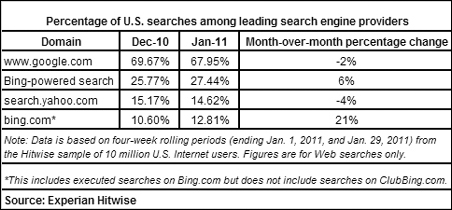

 It didn’t take long for Google to offer up
It didn’t take long for Google to offer up  Google did not get the last word in the war with Bing (at least not yet…I’m sure we haven’t seen the last word at this point).
Google did not get the last word in the war with Bing (at least not yet…I’m sure we haven’t seen the last word at this point).  In a paper at the recent RecSys 2010 conference, "The YouTube Video Recommendation System" (ACM), eleven Googlers describe the system behind YouTube’s recommendations and personalization in detail.
In a paper at the recent RecSys 2010 conference, "The YouTube Video Recommendation System" (ACM), eleven Googlers describe the system behind YouTube’s recommendations and personalization in detail. 
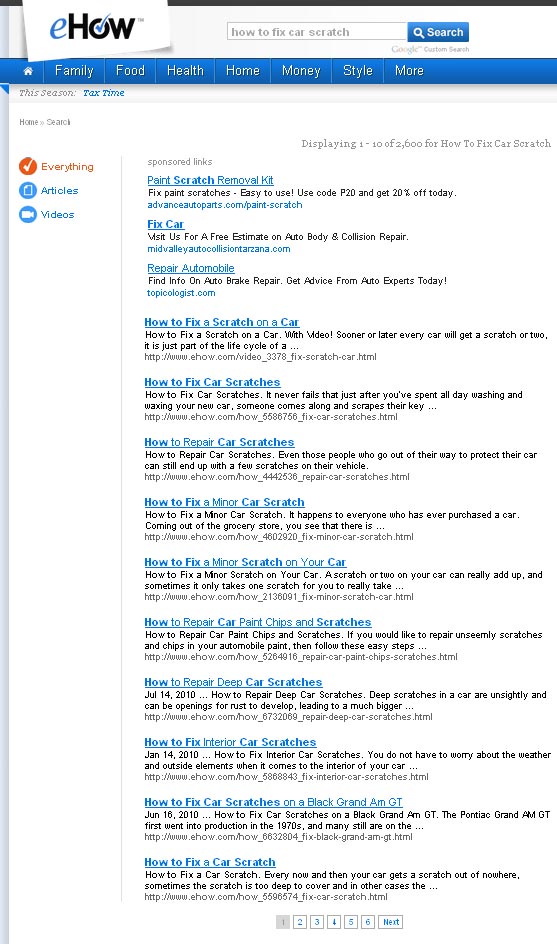
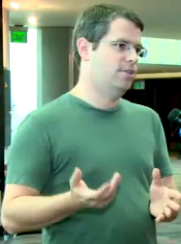 That post came before Shum joined Matt Cutts and Blekko CEO Rich Skrenta on a panel at
That post came before Shum joined Matt Cutts and Blekko CEO Rich Skrenta on a panel at 

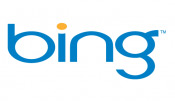 That’s less than encouraging news for Microsoft supporters, since a different representative labeled China "the
That’s less than encouraging news for Microsoft supporters, since a different representative labeled China "the 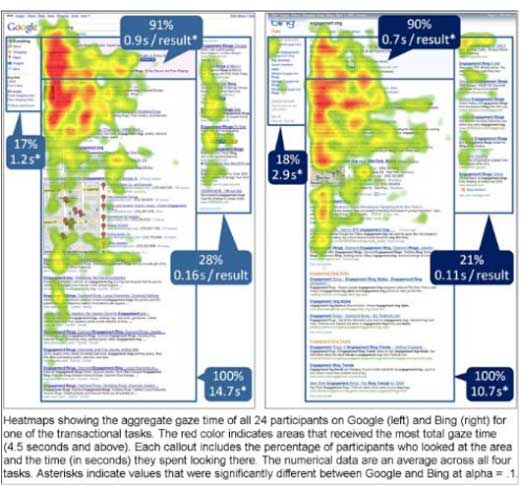
 As for what sort of work he’s done, Kolcz conducts research in the areas of machine learning, data mining, and information retrieval, according to his
As for what sort of work he’s done, Kolcz conducts research in the areas of machine learning, data mining, and information retrieval, according to his 
 "Jeff Immelt and I started our careers together at Proctor & Gamble, and I have enormous respect for the success he’s had at GE. He is an ideal business leader to chair the President’s Council on Jobs and Competitiveness and help drive a focus on what we can all do to increase American competitiveness and create new jobs."
"Jeff Immelt and I started our careers together at Proctor & Gamble, and I have enormous respect for the success he’s had at GE. He is an ideal business leader to chair the President’s Council on Jobs and Competitiveness and help drive a focus on what we can all do to increase American competitiveness and create new jobs." 




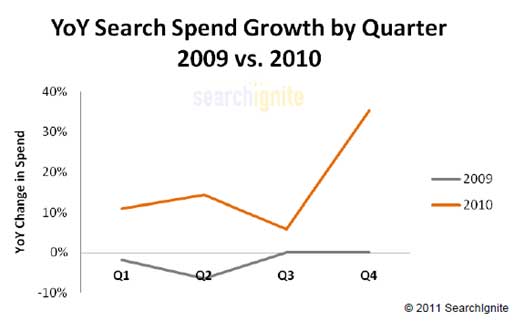
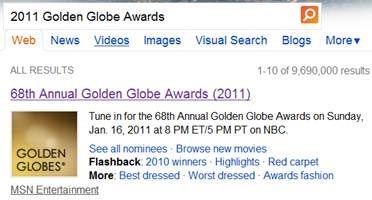
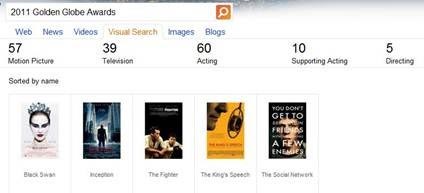
 All this may be something Google’s shareholders bring up soon enough, too, but with a rather different perspective than Yahoo’s supporters.
All this may be something Google’s shareholders bring up soon enough, too, but with a rather different perspective than Yahoo’s supporters.